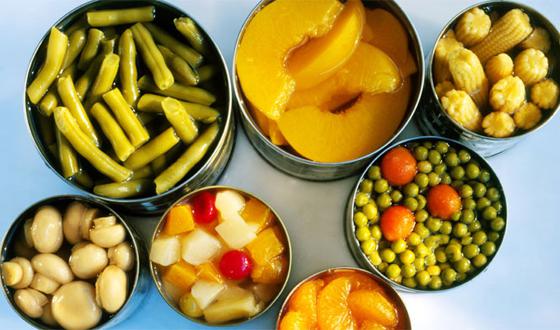Exports of prepared foodstuff and beverages increased 15 percent in volume in the first half of this year, in comparison to the same period of 2016. It increased from 150,000 tons to 172,000 tons, according to figures published by Customs.
Mounir Bissat, Secretary General of the Syndicate of Lebanese Food Industrialists, said: “As competition is increasing in the exporting markets, some companies have chosen to maintain their export share by reducing prices or selling at cost prices in order to retain their client base.”
Bissat said prices of some raw materials have dropped globally, reducing the cost of production.
Total ‘real’ exports decreased 29 percent in the first half of this year, registering $1 billion. Industrial exports fell to reach $918 billion.
'Real' export figures exclude pearls and precious stones which registered $337 million compared to $305 million last year. The figures also exclude mineral products (mostly oil products), which decreased to $35 million from $95 million in the previous year.
Exports of machinery and electrical instruments witnessed the largest decrease, dropping 42 percent to reach $158 million during the same period.
Asaad Saccal, Vice President of Saccal Holding, said: “Demand on generators has dropped in Gulf and African countries. This has led to a decrease in exports.”
He said that demand in Saudi Arabia and the African market has dropped 50 and 40 percent respectively.
Chemical products dropped 4.5 percent to $148 million.
Agricultural exports decreased seven percent to reach $82 million in the first half of the year. Naim Khalil, Chairman of the Syndicate of Fruits and Vegetables Exporters and Importers, said a massive amount of fruits and vegetables will be exported in the second half of the year.
“Exports were good in the first half. The prices of potatoes dropped due to the increase in the amounts produced locally and abroad,” he said.
Agricultural exports to Syria topped the list ($14 million) followed by Saudi Arabia ($8 million), and the UAE ($6.5 million).
Exports to Iraq have also dropped due to high shipping costs.
“Agricultural exports will surge only if the land routes opened again,” said Khalil.
businessnews.com.lb
























































